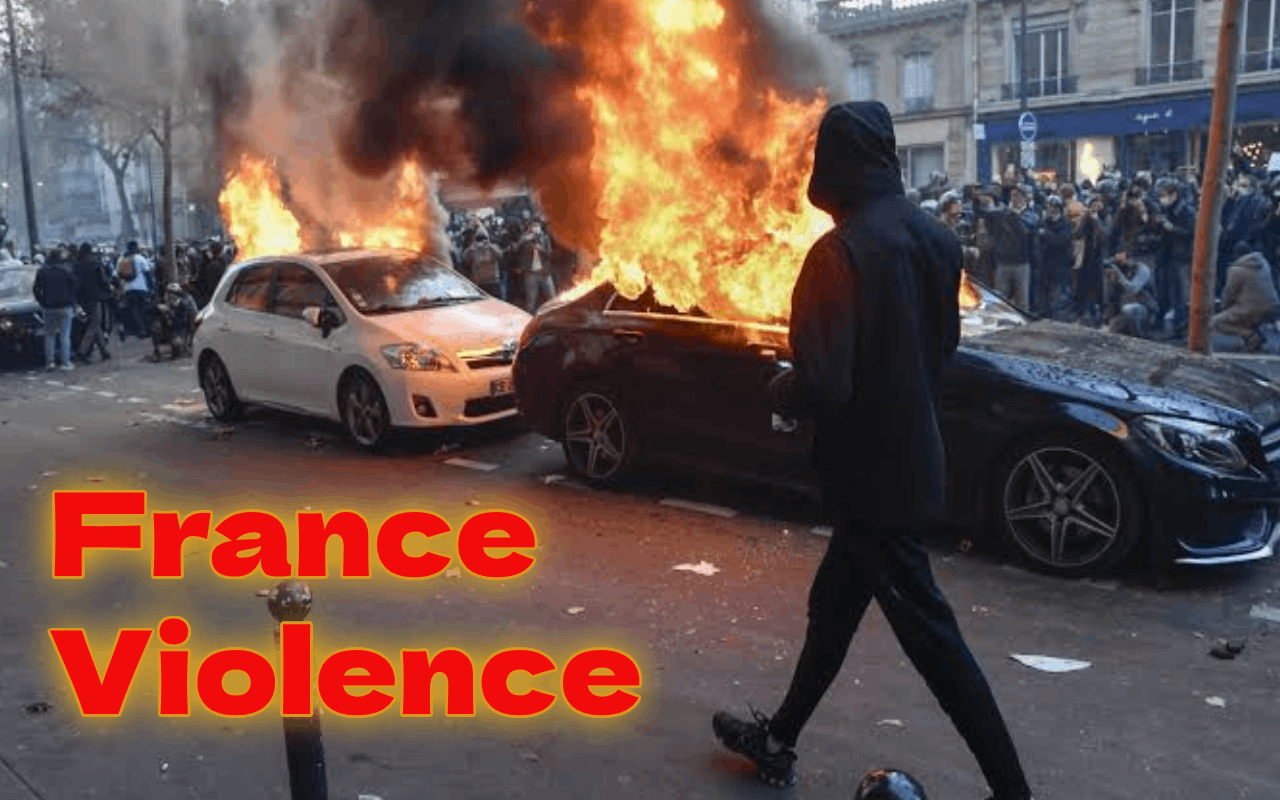France has recently experienced a wave of protests and violence following the tragic death of a teenage boy in a police firing incident. The incident, involving a non-residential individual, has sparked tensions and led to acts of violence, including the burning of buildings, vehicles, and houses of officials. However, some critics argue that Western media outlets have not given this incident the same level of attention or condemnation as they have in similar situations in other parts of the world. This article aims to provide an objective analysis of the events in France and explore the perception of Western media coverage.
Incident Background
A few days ago, a teen boy lost his life in France during a confrontation with the police. The boy, who belonged to a different country, was allegedly involved in a situation that led to a police officer using lethal force. The incident triggered outrage among some segments of society, particularly non-residential individuals who protested against what they perceived as a disproportionate use of force and a violation of the country’s rules.
Unrest and Violence
In response to the tragic event, some individuals engaged in violent acts, including the burning of various properties, vehicles, and even houses of officials. These actions are condemned by the vast majority of people who believe in peaceful protests and constructive dialogue to address grievances. It is important to note that violence and destruction do not advance any cause but only serve to deepen divisions and hinder progress.
Media Coverage and Perception
Critics argue that Western media outlets have been inconsistent in their coverage of incidents similar to the violence in France. They claim that when similar events occur in other parts of the world, such as violence in Gujarat, India, Western media is quick to condemn the actions and often portrays them as communal violence. However, in the case of France, some argue that the media has chosen to label the situation as a crisis rather than violence, leading to accusations of double standards and bias.
It is crucial to acknowledge that media coverage can vary significantly based on numerous factors, such as the scale of the events, political context, and available resources for reporting. Western media outlets may prioritize coverage based on their perceived relevance to their respective audiences or geopolitical interests. While it is important to strive for consistent and unbiased reporting, it is also essential to recognize the complexities and limitations inherent in media coverage.
Conclusion
The recent violence in France following the death of a teenage boy during a police firing incident has raised concerns and led to acts of violence. While some critics argue that Western media outlets have displayed a double standard in their coverage, it is important to approach such claims with caution and consider the multitude of factors that can influence media reporting.
Promoting peace, dialogue, and understanding should be the primary goal when addressing incidents of violence, regardless of the location or the individuals involved. By fostering open discussions and seeking solutions through peaceful means, societies can work towards healing divisions and achieving justice for all.
